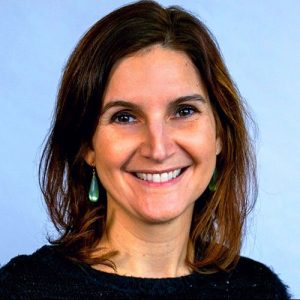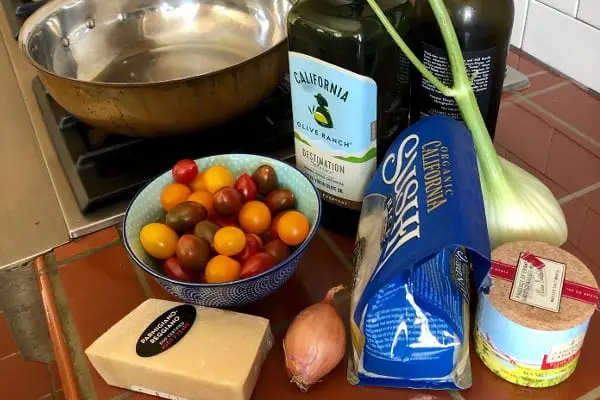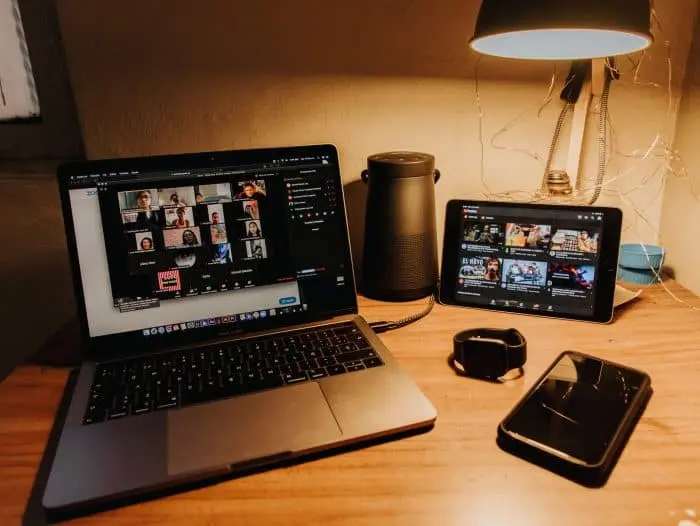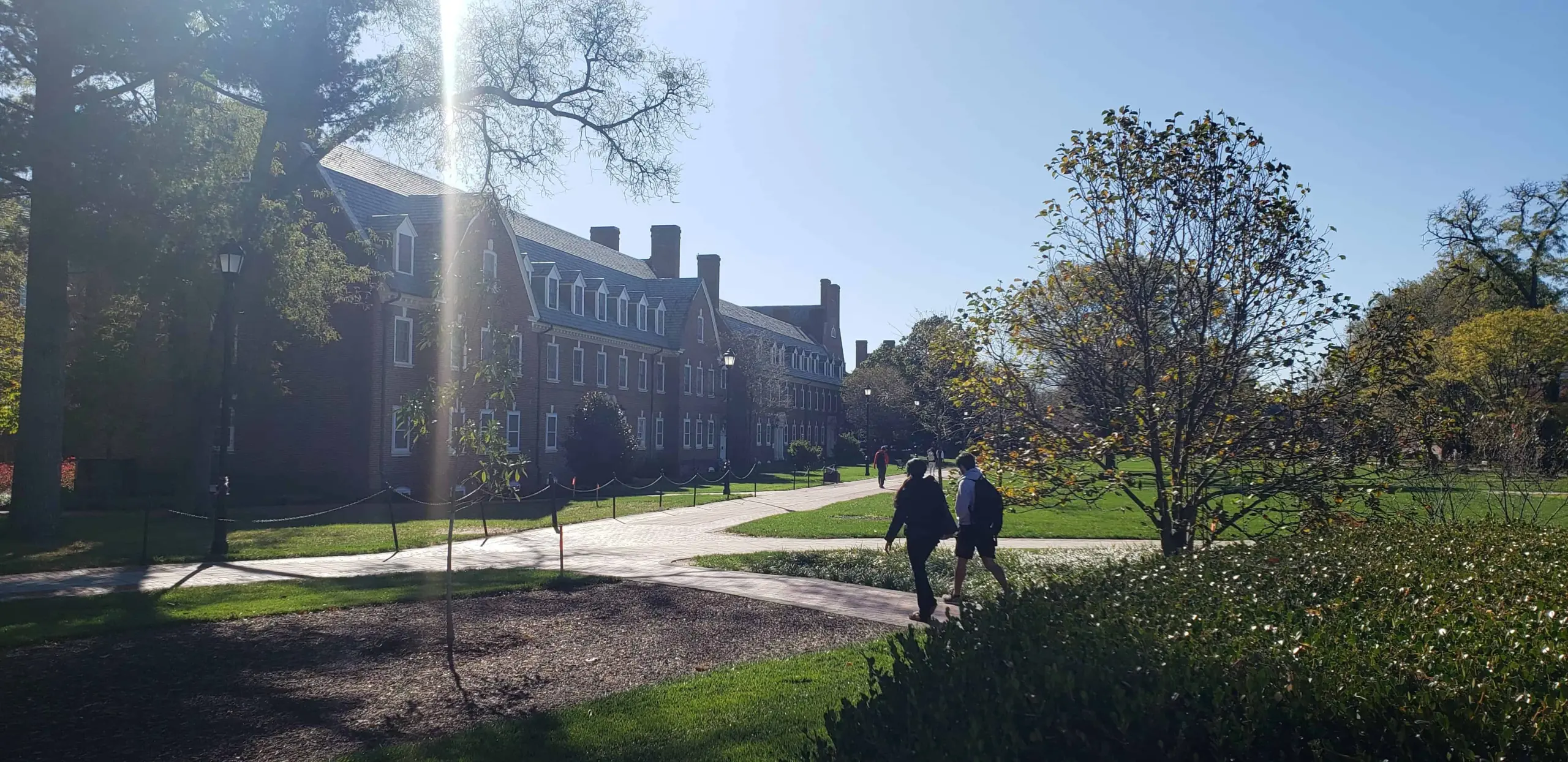This Q&A is part of Local Heroes: Journalists Covering COVID-19, PEN America’s series spotlighting local journalists across the country in celebration of World Press Freedom Day 2020, elevating the importance of a free, vibrant, and inclusive press.
Name: Corrinne Hess
Outlet: Wisconsin Public Radio
City: Milwaukee, WI
 What do you want your readers to know about what goes into the coverage they’re relying on?
What do you want your readers to know about what goes into the coverage they’re relying on?
Wisconsin Public Radio has a newsroom of about 20 reporters. We have been working hard, seven days a week, to keep the state informed about the pandemic. We have seven offices across the state with journalists reporting on how state and local officials have handled COVID-19, how farmers, restaurant owners, healthcare workers, small business owners and “real people” have been affected by the pandemic.
What personal risks have you or your colleagues faced while covering COVID-19?
Management made the decision in mid-March that we would be working from home. We’ve also spent a very limited amount of time in the field reporting so we would stay safe. There have been a few extraordinary times, however, that we have gone into the field.
The day before our April 7 election, Wisconsin’s Democratic governor attempted to push back the election to June with an emergency order, but the Republican-controlled state legislature made an appeal to the state Supreme Court. The court struck down the order.
In Milwaukee, there were only 5 of the usual 180 polling places open. Thousands of people waited in line for hours to vote, and I was out in the field interviewing voters. There were only two polling places open in Green Bay, and my colleague there was also in the field.
On April 24, thousands of people protested at the state capitol after our governor extended the stay-at-home order. Two of my colleagues spent the day at the protest.
“I think during this pandemic, local news plays the most vital role in keeping people informed. We recognized right away people have so many questions related to the pandemic.”
In what ways has local news played a vital role in response to the COVID-19 crisis?
I think during this pandemic, local news plays the most vital role in keeping people informed. We recognized right away people have so many questions related to the pandemic.
On March 12, Wisconsin Public Radio asked readers and listeners to send in their questions. Through something we’ve called “WHYsconsin,” we have received 1,716 questions and written more than 50 stories on everything from housing and health insurance, to families with shared custody and what to do if someone you live with tests positive.
We recently launched another project, partnering with the Wisconsin Center for Investigative Journalism, called “Outbreak Wisconsin,” that chronicles various Wisconsin residents as they navigate life during the coronavirus pandemic. The goal is to expose failing systems and explore solutions along the way.
What books, poems, podcasts, or other creative media have you been turning to for inspiration?
I was an avid listener of “The Daily,” The New York Times podcast. But I’ve drifted away from it during the pandemic because I don’t want to listen to COVID-19 news and then spend the day writing about it. I have returned to an old TV favorite with my nine-year-old daughter, Julia. We’ve been watching The Gilmore Girls. While we watch, our minds are taken off the current situation.
About Corrinne Hess
Corrinne Hess is a Wisconsin Public Radio reporter based in Milwaukee, where she covers the city and southeastern Wisconsin. Hess’s work has been featured on NPR’s Morning Edition and All Things Considered. Before joining WPR in November 2018, Hess spent many years in print journalism writing for newspapers in North Carolina, Texas, and Wisconsin. For more than 10 years, she has reported in southeastern Wisconsin, writing for the Milwaukee Journal Sentinel, Milwaukee Magazine, the Kenosha News, and other print media. Hess has won a number of awards from the Milwaukee Press Club, the Wisconsin Newspaper Association, and most recently, the Midwest Broadcast Journalists Association for her work with the Wisconsin Center for Investigative Journalism reporting on Foxconn, a Taiwanese manufacturing company scheduled to get millions of dollars in state tax credits. She is also a board member of the Milwaukee Press Club.











